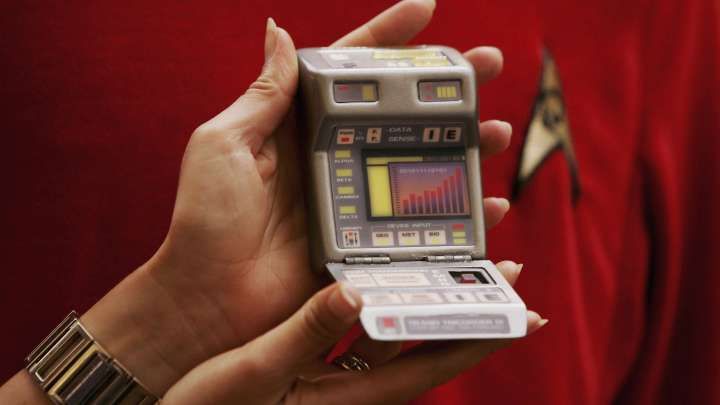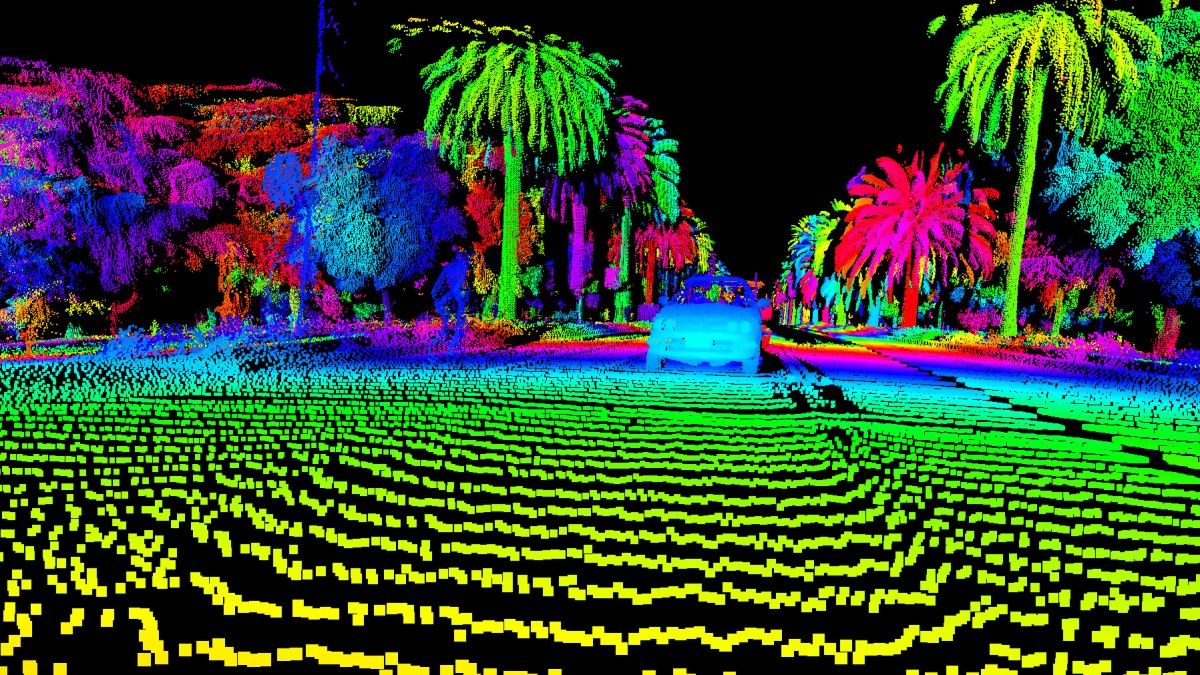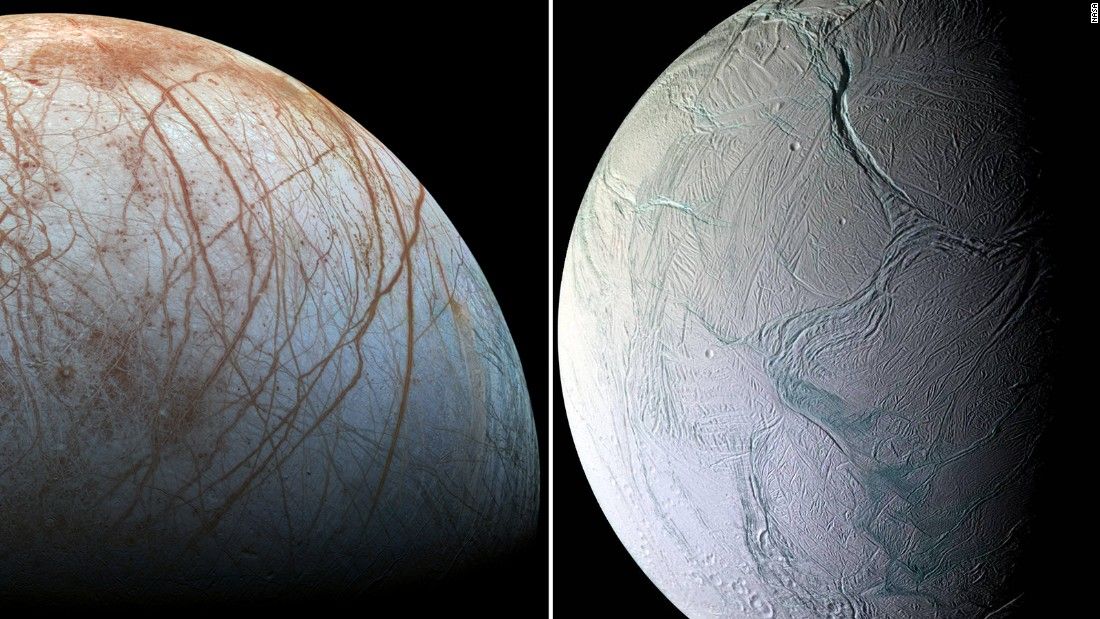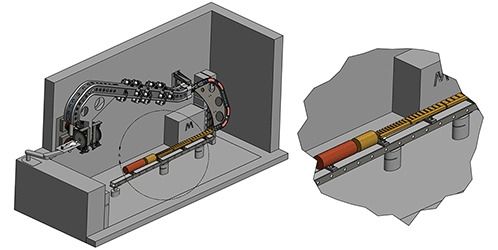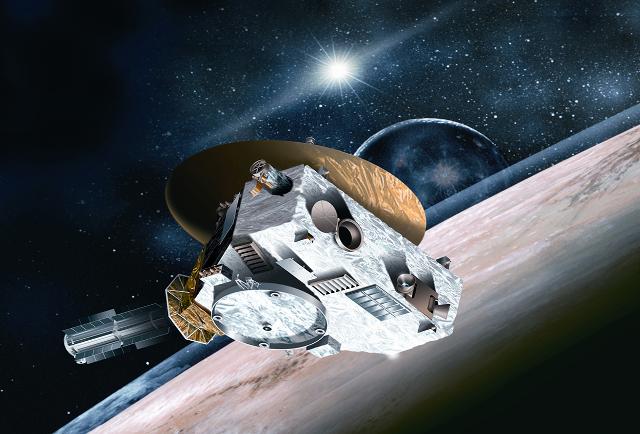Apr 13, 2017
Star Trek’s Tricorder Now Officially Exists Thanks To A Global Competition
Posted by Shane Hinshaw in categories: bioengineering, biotech/medical, holograms
Oscar Wilde once said that life imitates art, and science and engineering is often no exception to this. Science fiction certainly provides science types with plenty of inspiration for inventions, including holograms, teleportation, and even sonic screwdrivers.
Star Trek’s all-purpose medical device, the Tricorder, has also inspired a fair few people to recreate its near-magical ability to instantly diagnose a patient. As it happens, the non-profit X-Prize Foundation were so keen to get one invented that they started a global competition to see if any mavericks would succeed.
Continue reading “Star Trek’s Tricorder Now Officially Exists Thanks To A Global Competition” »
